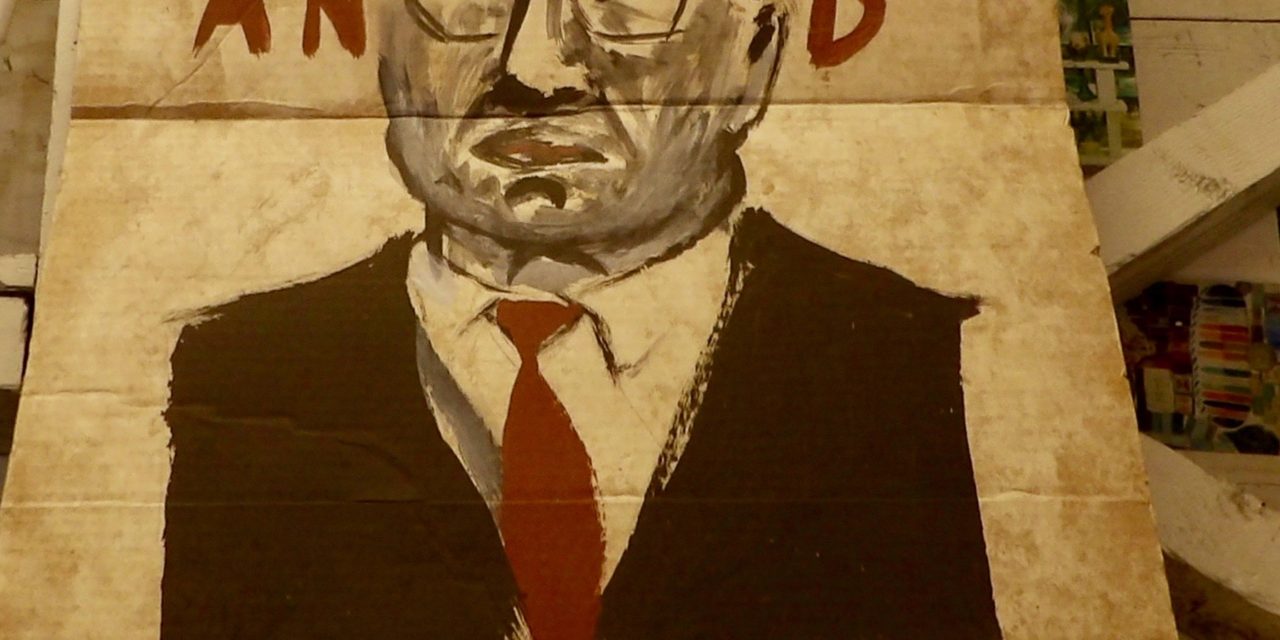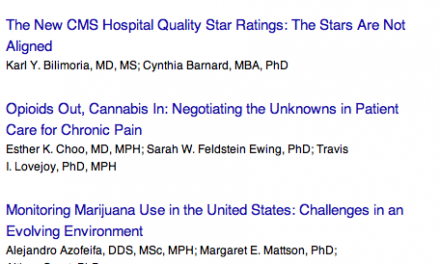It was under President George H.W. Bush that the federal government stopped admitting new patients to the “Compassionate Investigational New Drug (IND)” program, which had been created during Jimmy Carter’s term in office and enabled a small number of very sick Americans to use marijuana provided by the National Institute on Drug Abuse.
The program was created in response to the activism of Robert Randall and his wife Alice O’Leary. Randall had discovered that marijuana alleviated his severe glaucoma, and grew some plants on his patio in Washington, DC. He was arrested on cultivation charges and defended himself by citing “medical necessity.” Charges against Randall were dismissed by a courageous judge, James A. Washington, in November, 1976. The US government then agreed to provide him with marijuana grown at the University of Mississippi under contract to NIDA.
When Randall and O’Leary publicized the medical benefits of marijuana and urged others to obtain it legally, the government threatened to cut off his supply. Randall, represented by a high-powered Washington law firm, Steptoe & Johnson, sued the FDA, NIDA, DEA, and the Departments of Justice and Health, Education & Welfare for access to marijuana. The government agreed to maintain his supply.
Randall and O’Leary helped guide other seriously ill people through the extremely complex application process —Irvin Rosenfeld (multiple congenital cartilaginous exostoses), George McMahon (Nail-Patella Syndrome), Elvy Mussika (glaucoma, Corinne Millett, Barbara Douglas (MS), Kenny and Barbara Jenks (AIDS from a transfusion). The application process was so onerous that only about a dozen patients were authorized to receive marijuana from the government in the 1980s.
As the AIDS epidemic worsened, Randall and O’Leary —with backing from Chicago philanthropist Richard Dennis— organized the Marijuana/AIDS Research Service (MARS) in March 1991 to encourage applications. As recounted in “Marijuana Rx,” their indispensable history book,
“By bundling IND forms with clear instructions, MARS altered the dynamics of the Compassionate IND system. Prior to MARs, physicians who requested IND forms from the FDA could wait for weeks, even months for the forms. When the papers did arrive there was often no explanation about how to complete the 31 questions… Our MARS IND forms were approximately 90% completed. Only personal information about the doctor and patient was required and we developed a series of checklists to simplify this aspect of the form’s completion.”Once the simplified forms became available, hundreds of AIDS patients began applying to the IND program. The Bush Administration response was simple and cruel: the FDA stopped taking applications, and 28 recently approved applicants would not be supplied by NIDA. Patients who had been supplied previously with NIDA-wanna were “grandfathered in.” Rosenfeld figures that “the government wanted to avoid the negative publicity of cutting us off from a medicine that obviously worked.” Although the US government never investigated the safety and efficacy of the “new drug” it provided to the fortunate few, a study was undertaken in 2001 by Ethan Russo, MD, and co-workers, including MaryLynn Mathre, RN, and Al Byrne. Mathre and Byrne had organized a conference for NORML in 1990 at which Randall, Rosenfeld, Musikka, McMahon and Millet spoke. They subsequently formed “Patients Out of Time,” an advocacy group led by healthcare professionals and the surviving “federal patients.” Russo et al examined four of the eight surviving patients, conducting brain scans, pulmonary function tests, chest X-rays, neuropsychological tests, hormone and immunological assays, electro-encephalography, P300 testing, history and neurological clinical examinations. As they reported in the Journal of Cannabis Therapeutics: “Results demonstrate clinical effectiveness… All four patients are stable with respect to their chronic conditions and are taking many fewer standard pharmaceuticals than previously… These results would support the provision of clinical cannabis to a greater number of patients in need. We believe that cannabis can be a safe and effective medicine with various suggested improvements in the existing Compassionate IND program.”





